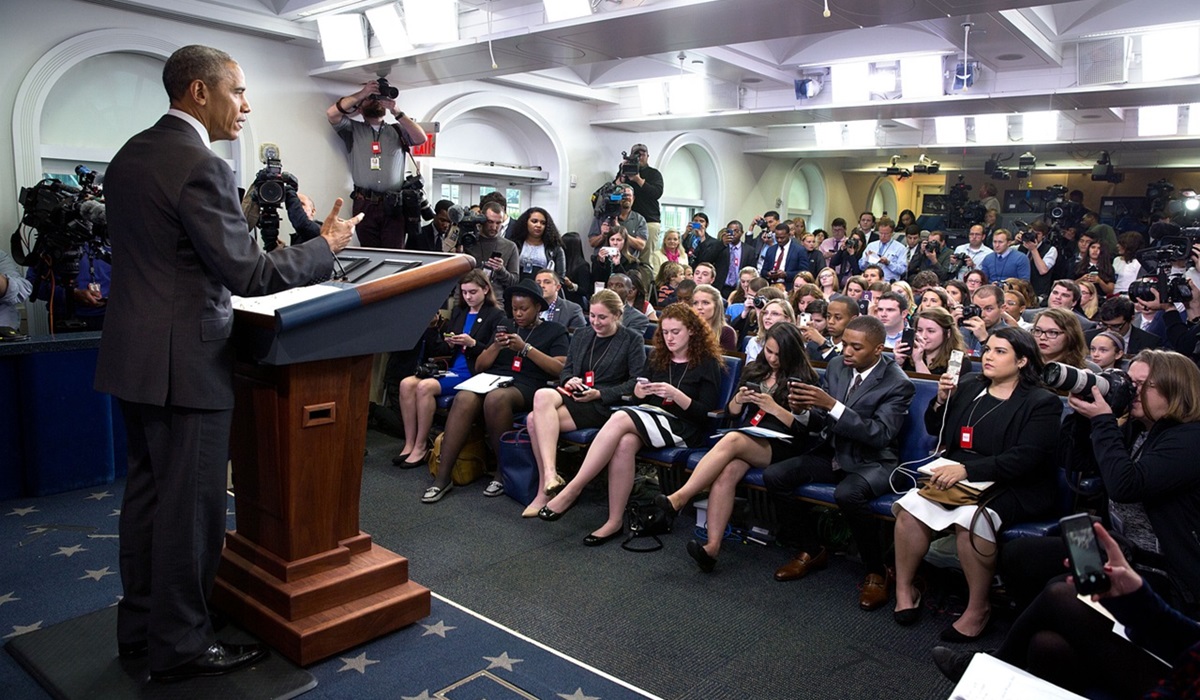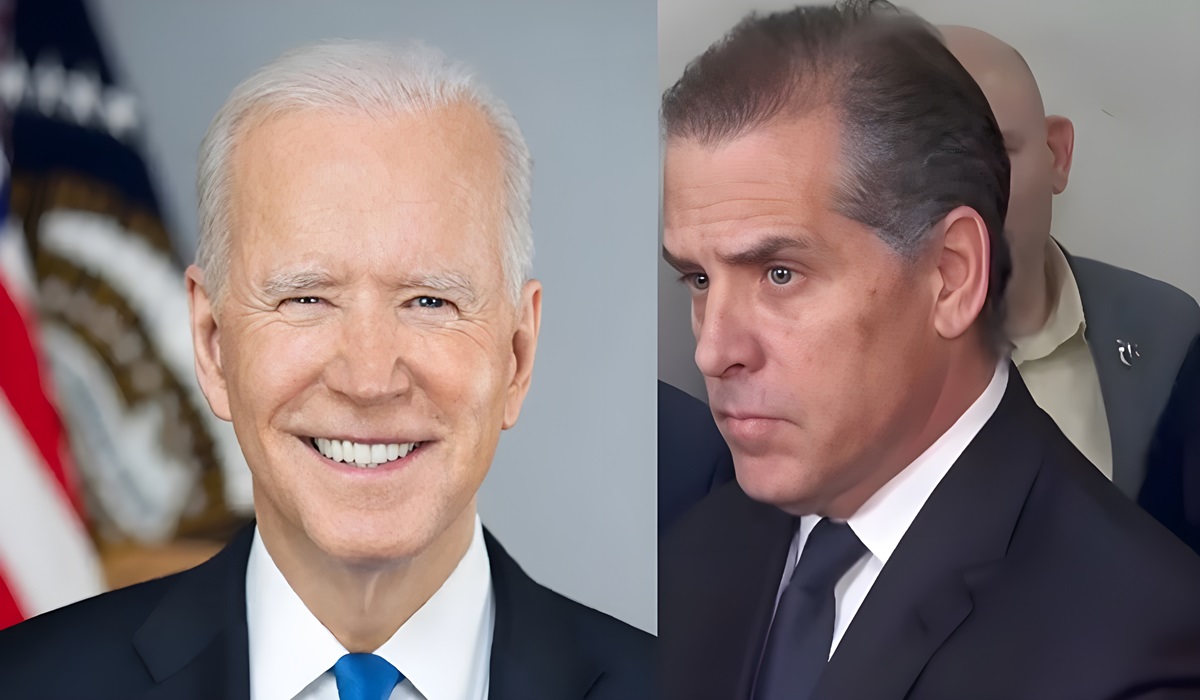Is the World Paranoid That Elon Musk is Acting as the Defacto President?
- Ingrid Jones
- U.S.A
- December 20, 2024

In the world of US politics, one individual’s influence has become a focal point of debate, raising questions about whether paranoia surrounds this figure’s potential role as a shadow or “defacto” president, particularly in the United States.
Musk’s involvement in politics, especially his support for Donald Trump in the 2024 election with a hefty donation of nearly $119 million, underscores his financial influence. His companies’ deep ties with government contracts further fuel discussions about his political sway. His appointment to lead the Department of Government Efficiency (DOGE) under Trump amplifies concerns about his influence on policy-making.
Media coverage has played a pivotal role in shaping perceptions of his impact. Every action of his is scrutinized, sparking debates on his governance role. Platforms like X have become arenas for opinions, from viewing him as a necessary disruptor to fearing his control over political narratives. This has created a wide range of opinions, from seeing him as a visionary to worrying about his unchecked power.
Is the concern over his influence mere paranoia, or does it reflect a legitimate critique of modern power dynamics? Critics argue his wealth, media presence, and political contributions give him an unprecedented level of control, notably in technology regulation, space, and environmental policy. They cite his statements on free speech, his role in government, and control over X as signs of overreach into areas meant for elected officials.
Conversely, supporters might argue his involvement is about innovation and efficiency rather than control. They view his governmental role as a positive force, using expertise to streamline bureaucracy and advance technological and environmental agendas. They might dismiss the “defacto president” label as an exaggeration based on his high profile rather than actual political power.
Internationally, his influence questions sovereignty and the impact of one individual’s vision on global policy. Initiatives like providing internet to conflict zones or comments on international issues illustrate how his decisions can affect global relations, leading to a mix of admiration, concern, and occasionally, paranoia about one person’s decisions shaping international policy.
The idea of Musk acting as a defacto president seems to arise from his visible political involvement, control over technology platforms, and his public persona. Whether this is paranoia or justified concern largely depends on one’s perspective on the role of billionaires in politics. As we advance, this conversation will persist, reflecting broader debates about power, transparency, and the intersection of business and governance, highlighting our collective anxieties about concentrated power and the future of political influence in an increasingly blurred public-private sector landscape.








